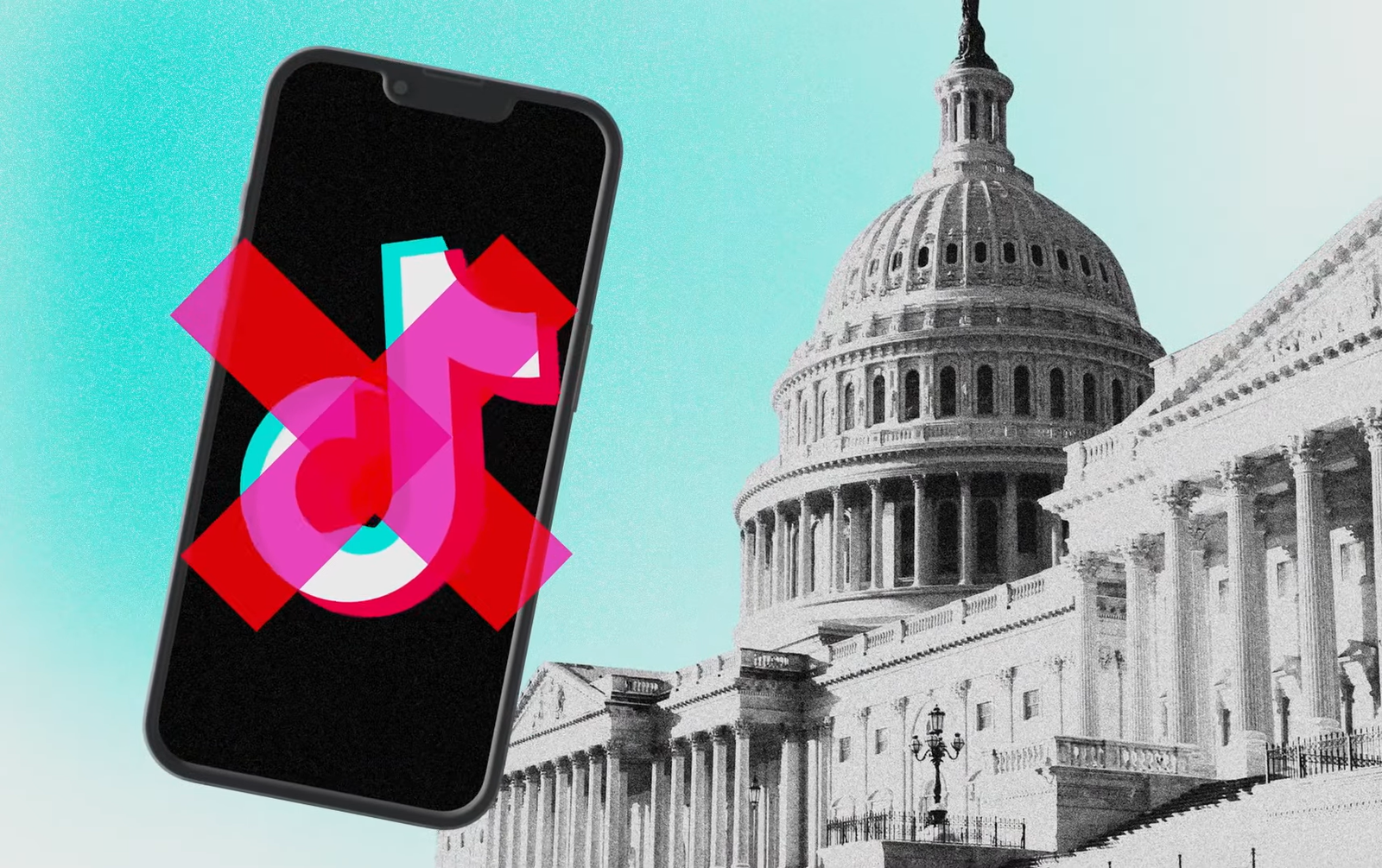The U.S. Congress is currently considering legislation to ban Tiktok in the United States. The reasons stated by the government are national security concerns over the platform’s Chinese ownership. However, actually implementing a ban on TikTok would face significant legal and practical challenges, as evidenced by previous failed attempts.
TikTok, owned by the Chinese tech company ByteDance, has rapidly grown. It is one of the most popular social media apps in the U.S., with around 170 million American users. Tiktok ban is motivated by fears that the Chinese government could use TikTok’s algorithms to spread misinformation or gain influence over American users, especially young people.

Is it possible to ban TikTok?
India is an example of how to ban TikTok. India banned the app in 2020 following deadly border clashes with China. The Indian government used an executive order to prohibit app stores from distributing TikTok and required internet service providers to block access to the platform. However, a similar approach failed in the U.S. when former President Donald Trump attempted to ban TikTok in 2020. A federal judge blocked the ban, ruling that the president had overstepped his authority.
The current Congressional proposal aims to give the Biden administration more explicit legal power to ban TikTok or force the divestment. Under the new bill, app stores would face civil penalties for distributing TikTok, and internet service providers would have to block the app’s IP address, making it effectively unusable.
Is it that easy?
But even if this legislation passes, it is expected that a lot of legal challenges would arise to ban TikTok. The Chinese government has signaled it would not allow ByteDance to sell the app’s U.S. operations. The ban would also face significant backlash from the millions of Americans, especially small business owners, who rely on TikTok for their livelihoods.
Furthermore, critics argue that Congress is focusing too much energy to ban TikTok rather than addressing other pressing issues. The U.S. has strong free speech protections that make it very difficult to impose such a broad ban on a popular digital platform.
Read More:- Biden & Xi Discuss US-China Ties in Groundbreaking Phone Call
Conclusion
Overall, while the concerns over TikTok’s Chinese ownership are understandable, actually implementing a nationwide TikTok ban faces steep legal and practical obstacles. The battle over TikTok’s future in the U.S. is likely to continue playing out in the courts and the political arena in the months and years ahead.
Want to explore the world of Anime? Go to Pop Media Pulse
